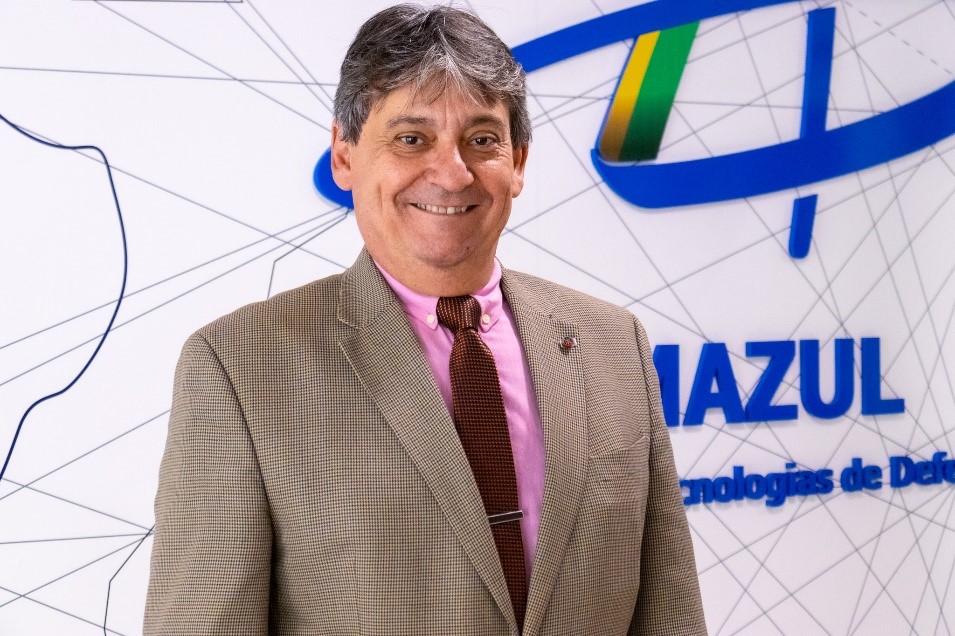RENATO M. COTTA
Federal University of Rio de Janeiro
Nonlinear Transport Phenomena Analysis with Unified Integral Transforms

BIO
Prof. Renato M. Cotta was born in Niterói, Brazil, on March 5th, 1960. He obtained his B.Sc. in Mechanical & Nuclear Engineering, at the Federal University of Rio de Janeiro, UFRJ, Brazil, in 1981, and his PhD in Mechanical & Aerospace Eng. from North Carolina State Univ., NCSU, USA, in 1985. He became Assistant Professor at the Aeronautics Technological Institute, ITA, Brazil, 1985-1987, then Associate Prof., at UFRJ, in 1987, and Professor, at COPPE-UFRJ in 1994, and at POLI-UFRJ in 1997, until the present. Author of more than 600 articles, 10 books, and supervisor of 49 MSc, 39 PhD, and 18 PosDocs. He is member of 15 Editorial Boards, including Int. J. Heat & Mass Transfer, Int. Comm. Heat & Mass Transfer, Int. J. Thermal Sciences, and Editor of the Annals of the Brazilian Academy of Sciences. Served as President of the Brazilian Association of Mechanical Sciences & Engineering, ABCM, from 2000-2001, as member of the Scientific Council, International Centre for Heat & Mass Transfer, ICHMT, since 1993, of the Executive Comm. ICHMT, 2006-2022, ICHMT EC Chairman, 2017-2018, and Congress Comm., Int. Union of Theoretical & Applied Mechanics, IUTAM, 2012-2018. Served as Executive Director for the Brazilian Academy of Sciences, 2012-2015. He received the ICHMT Hartnett-Irvine Award, in 2009 and 2015, the ICHMT Fellowship Award, 2019, the National Order of Scientific Merit, Brazil, in 2009 (Comendador) and 2018 (Grã-Cruz), and the National Order of Naval Merit, Brazil, 2018. In 2023, he was awarded the prestigious Luikov Medal of the ICHMT, 2022 edition. Member of the Brazilian Academy of Sciences, since 2009, National Engineering Academy, since 2011, and The World Academy of Sciences, TWAS, since 2012. Holds the Doctor Honoris Causa title from Université de Reims, URCA, France, since 2018. President of the National Commission of Nuclear Energy, CNEN, both regulatory body and science promoter in nuclear energy in Brazil, 2015-2017. Adjunct Professor at the University of Miami, 1993-2005, and Leverhulme Trust Visiting Prof. at the University College London, UCL, UK. Member of the National Council of Energy Policy, CNPE, Ministry of Mines and Energy, Brazil, 2020-2022. Member of the Technical Working Group (TWG) in Nuclear Desalination, IAEA, 2021-2024. Since 2017, is commissioned as Senior Technical Consultant (Amazul Defense Tecnologies) for the General Director of Nuclear and Technological Development, in the Brazilian Navy.
ABSTRACT
Nonlinear partial differential equations are quite common nowadays in both engineering practice and research contexts, and routinely handled through classical numerical methods and corresponding commercial software. Computational heat and fluid flow deals with nonlinearities in various forms, such as in nonlinear physical properties, inherently nonlinear convective terms, such as in boundary layer and Navier-Stokes formulations, phase change moving boundaries, reactive dissipation terms, and nonlinear source terms in either the equations and boundary conditions. Despite the vast accumulated knowledge on these discrete simulation tools, there is no universal optimum choice of methodology for each class of problems, and various methods and algorithm schemes compete to offer improved accuracy and computational performance. Besides, numerical methods tend to be costly and eventually prohibitive when accuracy and its control is at a premium and intensive computations are required, such as in inverse problem analysis, design optimization, and simulation under uncertainty or other stochastic processes. The present lecture reviews a well-established hybrid numerical-analytical approach known as the Generalized Integral Transform Technique (GITT), which combines the classical integral transform method with the error-controlled numerical solution of ordinary differential equations. The GITT is then briefly described for each class of nonlinearity in transport phenomena formulations, indicating the analytical solution path through symbolic computation, the basic numerical algorithm for the transformed systems, and the pertinent literature. Particular emphasis is given to the description of a nonlinear eigenvalue problem solution strategy, which results in significant convergence enhancement and precision gain in dealing with nonlinear convection-diffusion problems. Selected applications are then considered to illustrate the hybrid methodology and the achievable eigenfunction expansions convergence rates.